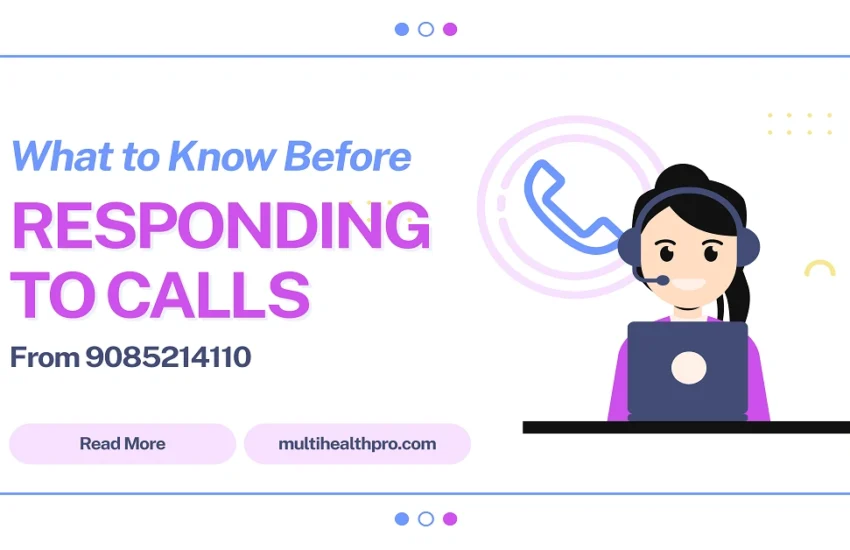Comparing BSN and ADN Programs: Which Path is Right for You?
Choosing the right educational path in nursing is a significant decision that can shape your career trajectory. Both the Bachelor of Science in Nursing (BSN) and Associate Degree in Nursing (ADN) are popular pathways to becoming a registered nurse (RN), each with its own set of advantages and considerations. Understanding the differences between these programs can help you make an informed choice about which path aligns best with your career goals and personal circumstances.
Duration and Structure
One of the primary differences between BSN and ADN programs is the duration. ADN programs typically take about two years to complete and are often offered at community colleges. This shorter duration allows students to enter the workforce more quickly, which can be advantageous for those eager to start their nursing careers.
In contrast, BSN programs generally take four years to complete and are offered at universities and colleges. The BSN curriculum is more comprehensive, covering additional subjects such as leadership, research, public health, and the social sciences. This broader education provides a deeper understanding of nursing and healthcare, preparing graduates for a wider range of roles and responsibilities.
Curriculum and Training
ADN programs focus primarily on the technical skills required for nursing practice, emphasizing hands-on clinical experience and foundational nursing courses. This practical approach ensures that graduates are well-prepared to perform essential nursing duties and provide direct patient care.
BSN programs, on the other hand, offer a more extensive curriculum that includes advanced nursing theory, evidence-based practice, healthcare policy, and community health. This additional training not only enhances clinical skills but also develops critical thinking, problem-solving, and leadership abilities. BSN graduates are often better equipped to handle complex clinical situations and assume leadership roles within healthcare settings.
Career Opportunities and Advancement
While both ADN and BSN graduates are eligible to take the NCLEX-RN exam and become registered nurses, a BSN can open doors to more diverse and advanced career opportunities. Many healthcare employers, particularly those seeking Magnet status, prefer or require nurses to hold a BSN. Positions in management, education, public health, and specialized clinical roles often require a BSN or higher.
Furthermore, a BSN is typically a prerequisite for pursuing advanced nursing degrees, such as a Master of Science in Nursing (MSN) or Doctor of Nursing Practice (DNP). These advanced degrees can lead to careers as nurse practitioners, nurse educators, nurse anesthetists, and other specialized roles.
Salary and Job Market
BSN-prepared nurses generally have higher earning potential compared to their ADN counterparts. According to various surveys and studies, BSN graduates tend to earn higher starting salaries and have greater opportunities for salary advancement over time. Additionally, the job market increasingly favors BSN-prepared nurses, with many hospitals and healthcare facilities requiring or preferring a BSN for new hires.
Flexibility and Accessibility
For those who already hold an ADN and are working as registered nurses, pursuing a BSN through an RN to BSN online program can provide the flexibility needed to balance work, life, and education. These programs are designed to build on existing nursing knowledge and experience, allowing RNs to complete their BSN in a shorter time frame and often through online coursework. This pathway provides an excellent opportunity for career advancement without sacrificing current employment.
Conclusion
Deciding between a BSN and an ADN program depends on your career goals, timeline, and educational preferences. ADN programs offer a quicker, more affordable route to becoming an RN, making them an attractive option for those eager to enter the workforce. However, BSN programs provide a more comprehensive education that can lead to broader career opportunities, higher earning potential, and greater job security.
Consider your long-term career aspirations and the type of nursing roles you are interested in when making your decision. Both pathways have their merits, and the best choice is the one that aligns with your personal and professional goals. Whether you choose an ADN program or pursue a BSN from the start, or even consider advancing your education through an RN to BSN online program later, a rewarding career in nursing awaits.


